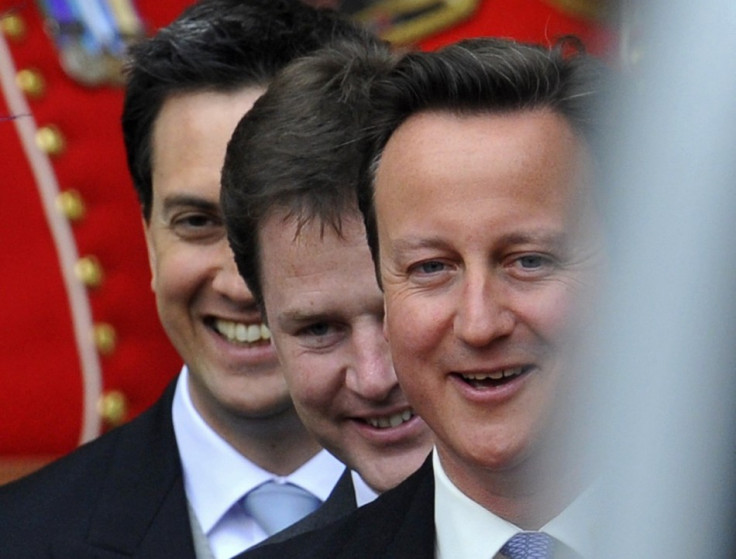Scotland Independence Poll Date Unites Tories and Labour

The Conservative and Labour leaders, David Cameron and Ed Miliband, have agreed to "work together" on the proposed Scottish referendum after turning on Scottish First Minister Alex Salmond.
During a tame opening PMQs of 2012, both parties joined in attacking the SNP leader, who announced the date of the independence referendum as autumn 2014.
Salmond told Westminster politicians to "butt out" of the debate over the timing and format of the referendum, following Westminster's publication of a paper that argued that Holyrood had no power to call a poll.
Cameron said he was "passionately" in favour of the preservation of the Union and sad that the question of independence had been raised but was ready to work with the Scottish government to ensure a "legal, fair and decisive" referendum.
He said he was 100% in agreement with Miliband, who told MPs that Scotland and the rest of the UK were "stronger together and weaker apart".
Miliband called on supporters of the Union to make a positive case for its continuation. "This is a momentous decision which our children and grandchildren will have to live with if we get it wrong," he said.
The consultation paper proposed that the Westminster parliament could make an order to devolve power to Holyrood to stage a ballot on the single question of independence, which could take place within the next 18 months.
But Scottish National Party MSP Angus Robertson accused Cameron of following in the footsteps of Margaret Thatcher by seeking to dictate to Scotland.
"The Scottish government was elected with an overwhelming mandate to deliver an independence referendum in the second half of the parliamentary term," Robertson told MPs.
© Copyright IBTimes 2025. All rights reserved.





















